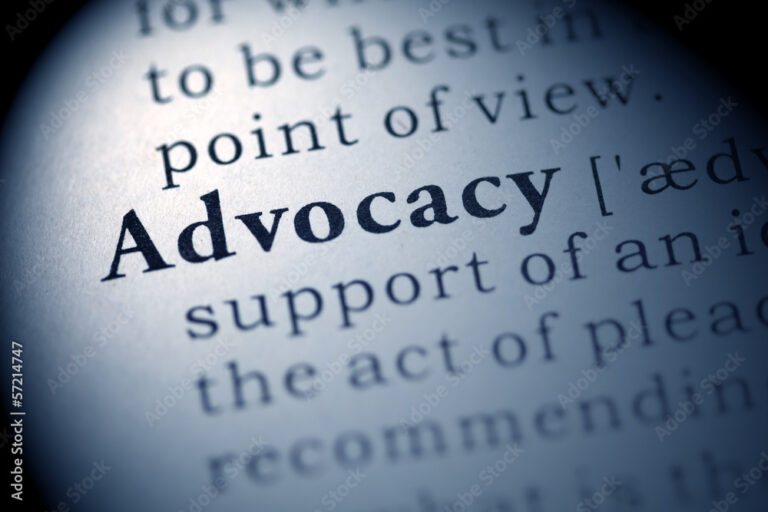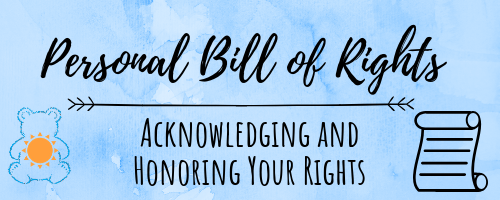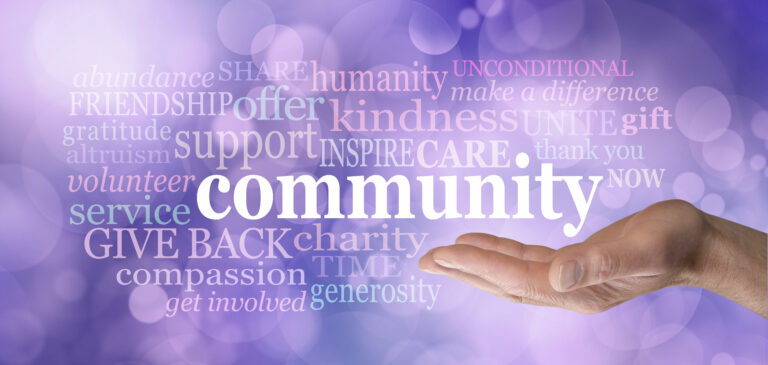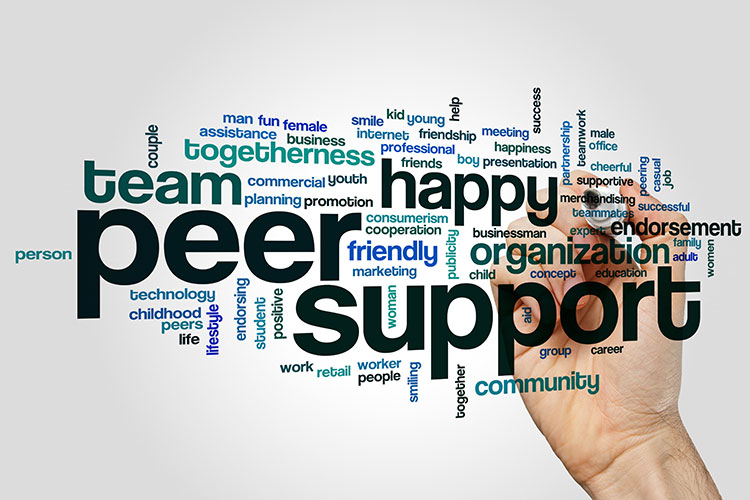Leveraging Peer Support In Mental Health Recovery
The Role of Recovery Coaching
Mental health recovery is a journey that often requires a multifaceted approach. While professional help is invaluable, the support of peers who share similar experiences can be equally transformative. This blog post explores the significant role that peer support can play in mental health recovery, especially when combined with recovery coaching. We’ll delve into how talking to ourselves and others positively influences mental health and offer insights into integrating peer support into recovery strategies.
The Value of Peer Support
Peer support in mental health involves individuals with lived experience of mental health issues offering support, encouragement, and guidance to others facing similar challenges. This support can come in various forms, including peer-led support groups, one-on-one mentorship, and online forums. The power of peer support lies in its foundation of empathy and mutual understanding—qualities that can foster a safe space for sharing and healing.
Benefits of Peer Support
- Shared Experience: Peer supporters offer something unique: an understanding born of personal experience. This shared experience can create a deep sense of connection and trust, essential for recovery.
- Hope and Empowerment: Seeing peers who are managing or have overcome similar challenges can instill hope and motivate others to engage actively in their recovery process.
- Reduced Stigma: Interacting with peers can help reduce the stigma associated with mental health issues. It normalizes mental health struggles and encourages more open conversations.
- Enhanced Self-Efficacy: By learning from peers who have developed coping strategies, individuals can gain practical skills and insights, enhancing their sense of self-efficacy in managing their mental health.
Integrating Peer Support with Recovery Coaching
Recovery coaches are trained professionals who help individuals navigate their recovery from mental health issues by setting goals, developing recovery plans, and building resilience. When recovery coaching includes a component of peer support, it can significantly enhance the recovery experience.
How Recovery Coaches Can Facilitate Peer Support
- Connecting Clients with Peer Support Networks: Recovery coaches can help clients find and integrate into peer support groups relevant to their specific needs and circumstances.
- Incorporating Peer Experiences into Coaching: Coaches can use the insights and strategies from peer support interactions to tailor their coaching approaches, making them more relatable and effective.
- Encouraging Peer Engagement: Coaches can motivate clients to participate in peer support activities, highlighting the benefits of such interactions for emotional and social well-being.
- Training in Peer Support Skills: Coaches can also train clients in peer support skills, preparing them to support others and reinforcing their own recovery journey.
Effective Communication in Peer Support and Recovery Coaching
Communication—both internal (self-talk) and external (dialogue with others)—is crucial in the context of mental health recovery. Here’s how recovery coaching and peer support can enhance communication skills:
Positive Self-Talk
Recovery coaches can teach clients how to engage in positive self-talk, which reinforces self-esteem and combats negative thinking patterns. Positive self-talk is a powerful tool for maintaining mental health and resilience.
Constructive Conversations
In peer support settings, individuals learn how to have constructive conversations about mental health. These skills can also translate into other areas of life, improving overall communication and interpersonal relationships.
Expressing Needs and Boundaries
Through peer interaction and coaching, individuals learn how to express their needs and set healthy boundaries. This is crucial for mental health management and for fostering supportive, respectful relationships.
Practical Tips for Leveraging Peer Support
- Find the Right Group: Look for peer support groups that align with your specific needs and preferences. This could be based on the type of mental health issue, age group, or recovery stage.
- Be Open and Honest: The more open and honest you are in a peer support setting, the more beneficial the experience will likely be. Authenticity fosters deeper connections and more meaningful support.
- Take Active Roles: Engage actively in peer support groups. Taking on roles such as facilitating discussions or organizing meetings can enhance your sense of purpose and contribution.
- Maintain Regular Contact: Consistency is key in building and maintaining trust within peer support networks. Regular participation helps build a reliable support structure.
Conclusion
Incorporating peer support into mental health recovery, particularly when combined with recovery coaching, offers a comprehensive approach that can significantly enhance the recovery journey. By learning from peers and engaging in positive self-talk and constructive conversations, individuals can improve their mental health and build a supportive community that fosters lasting recovery. Embrace the power of shared experiences and professional guidance as you navigate the path to mental health and well-being.







